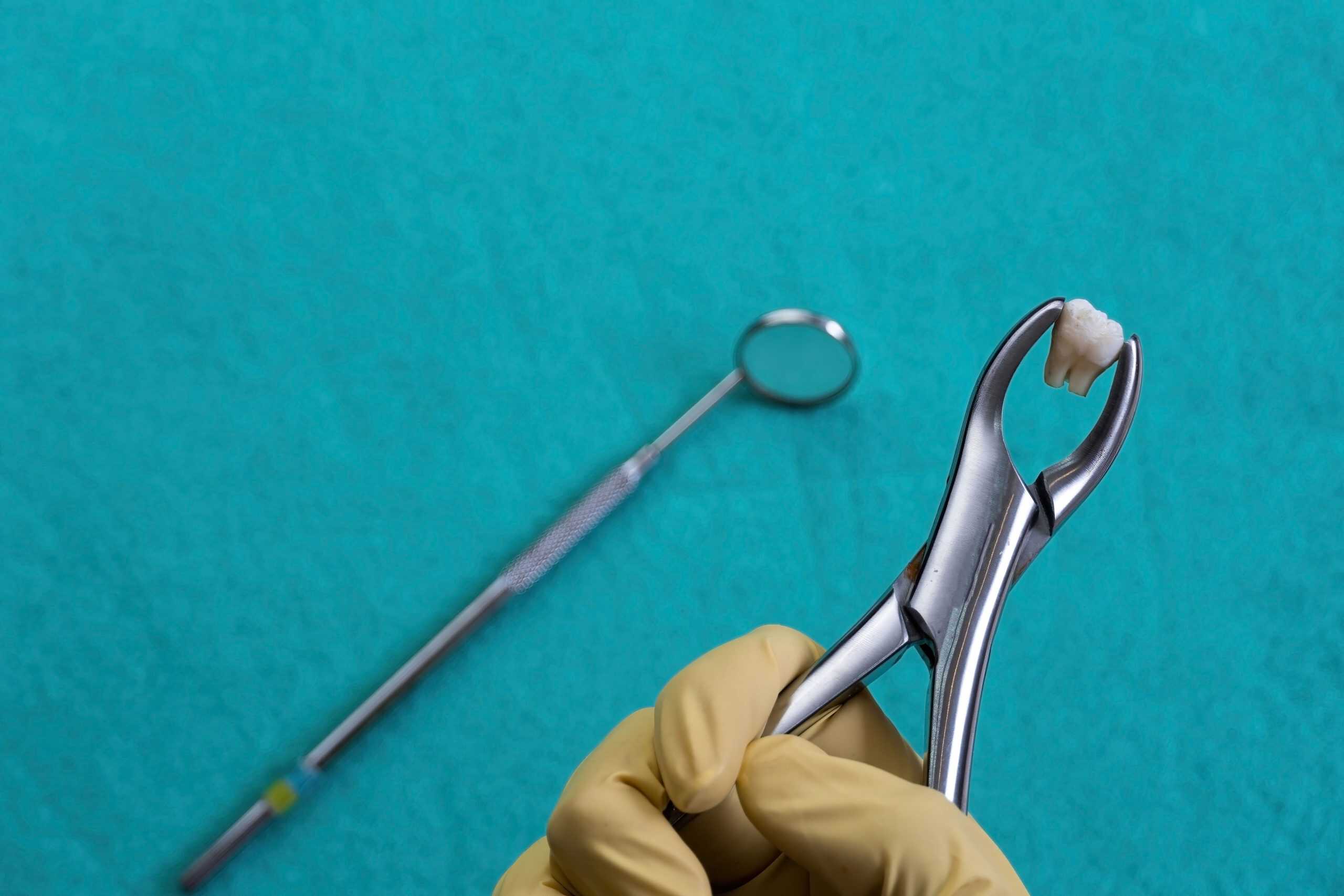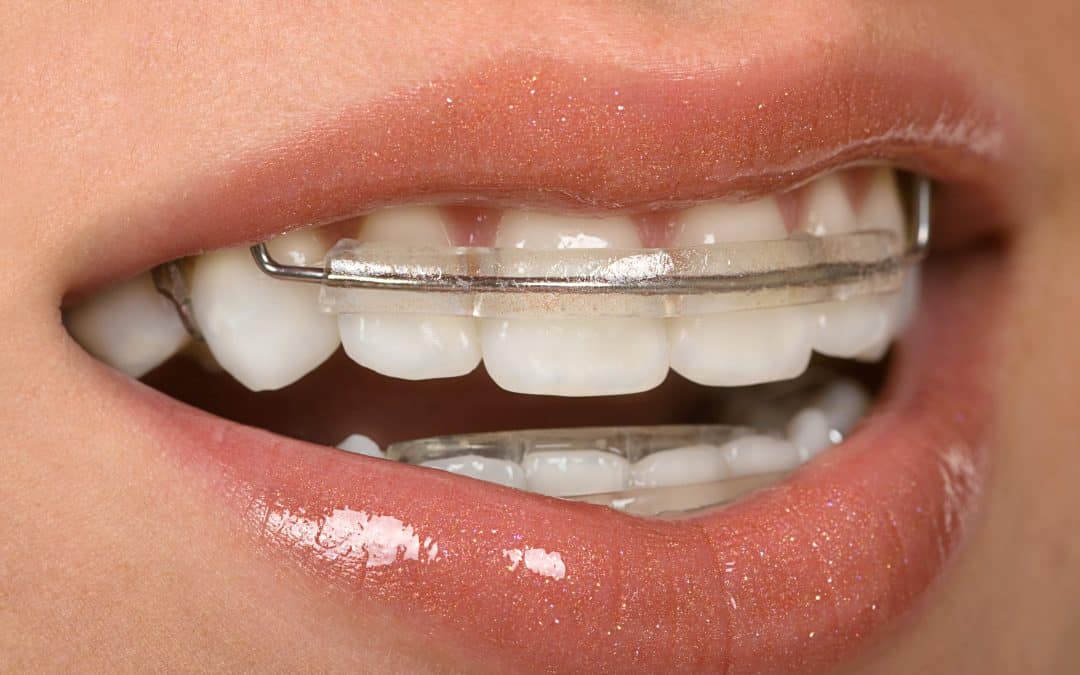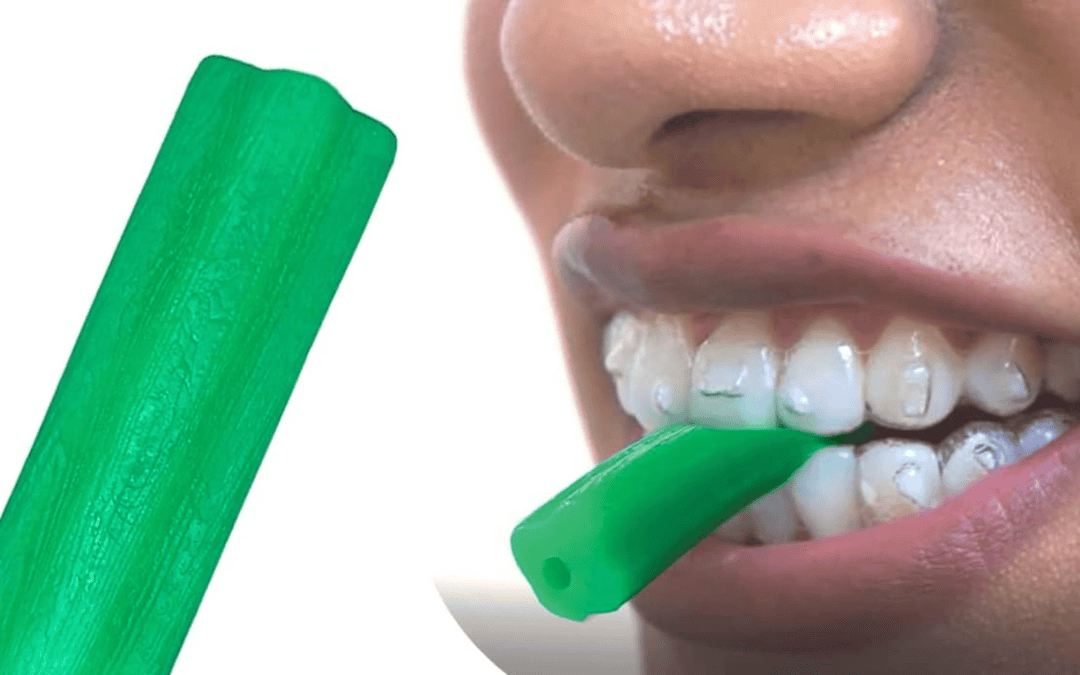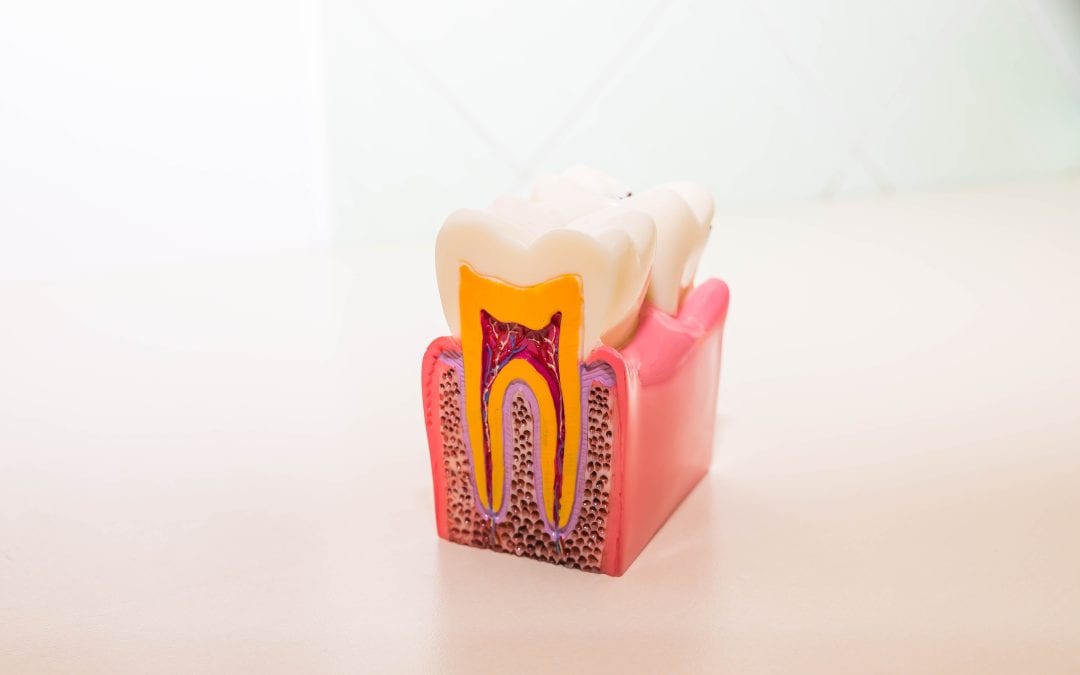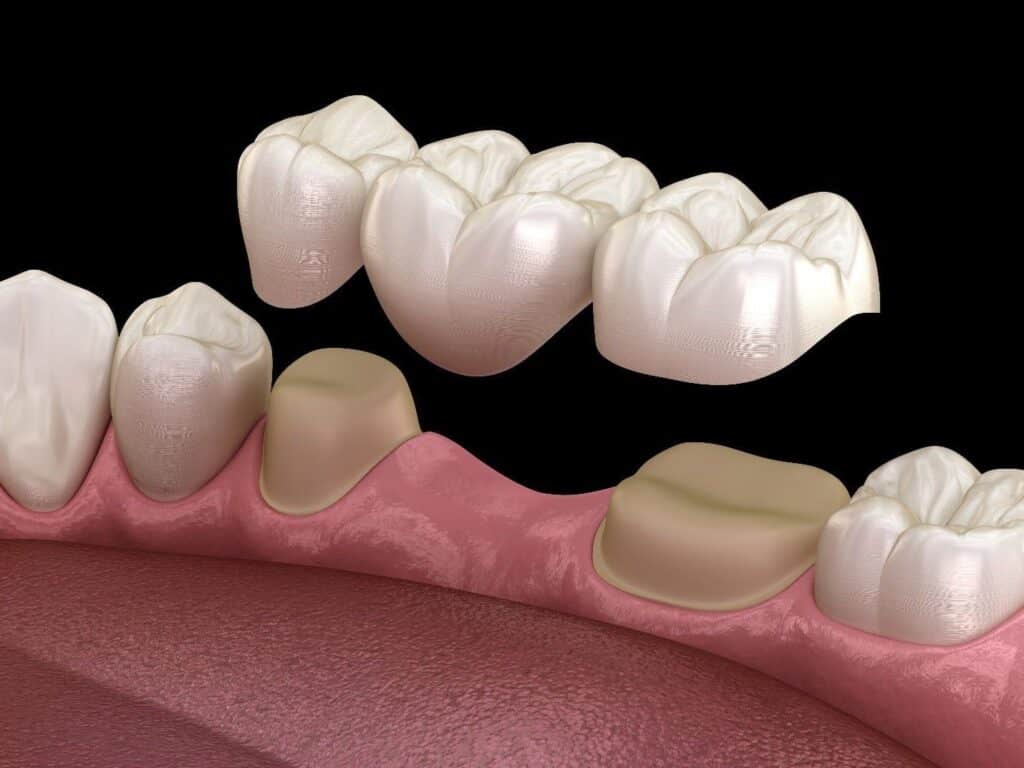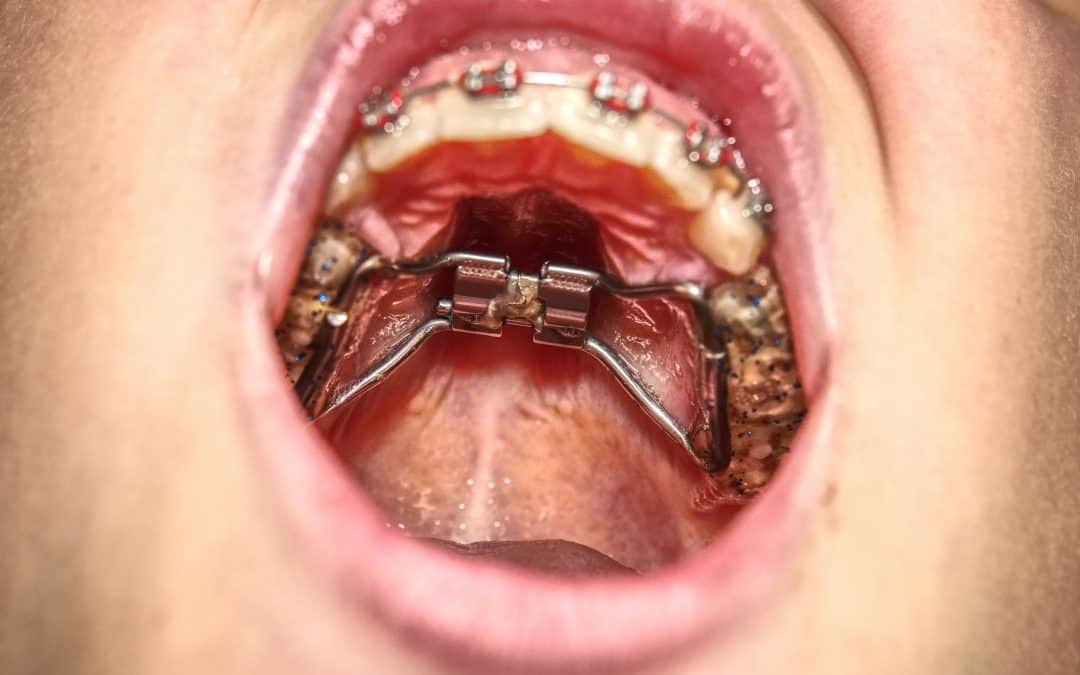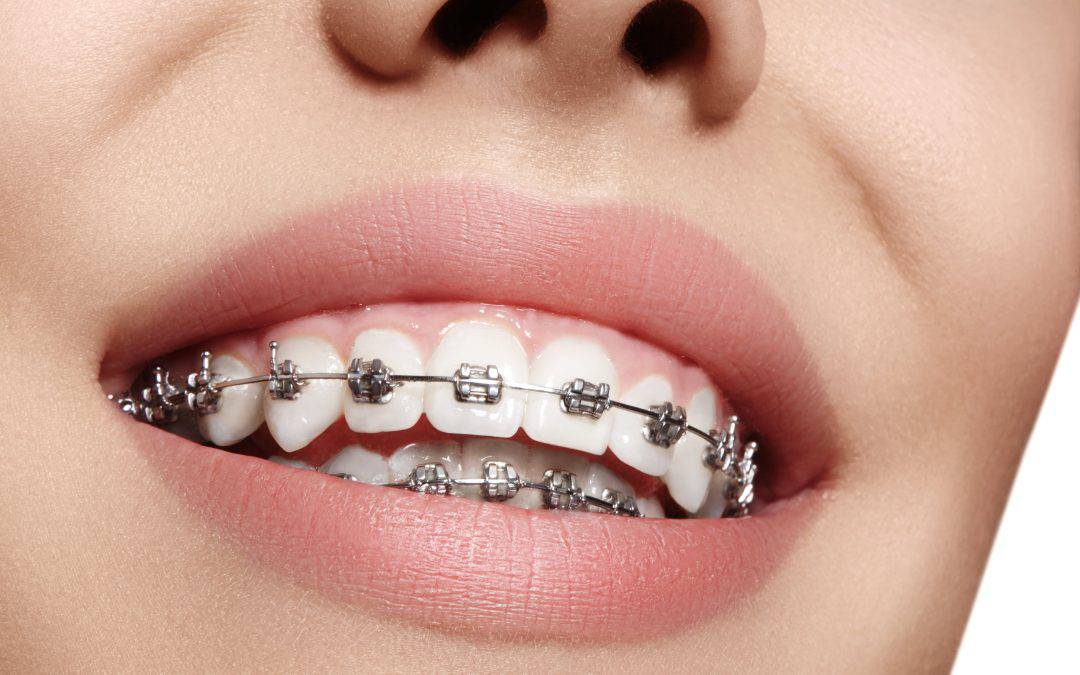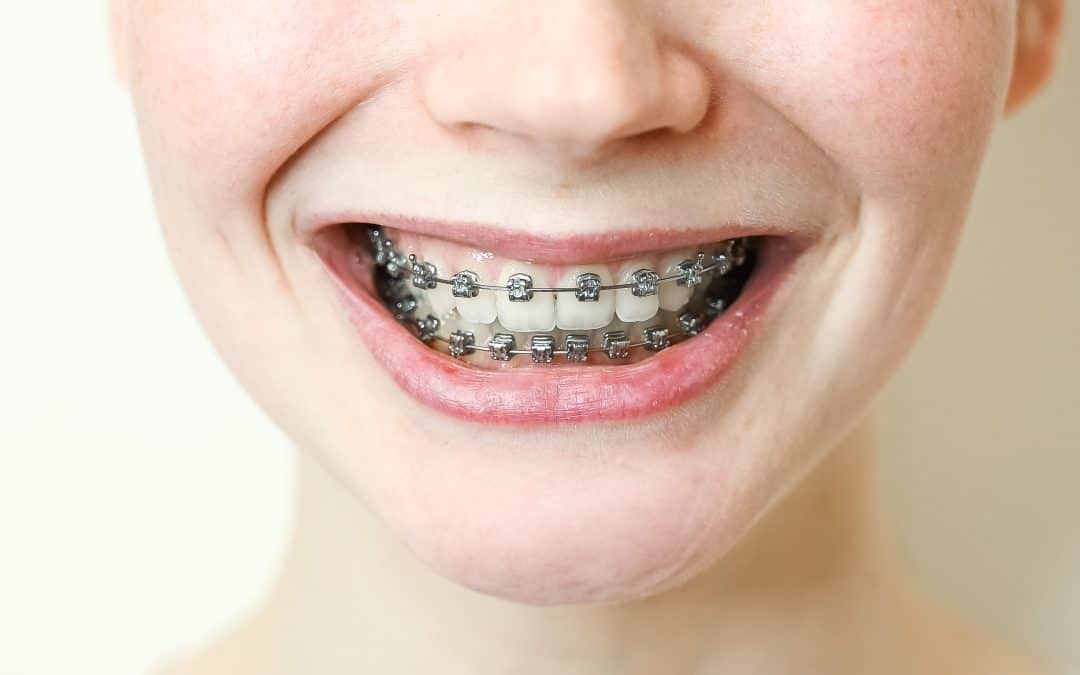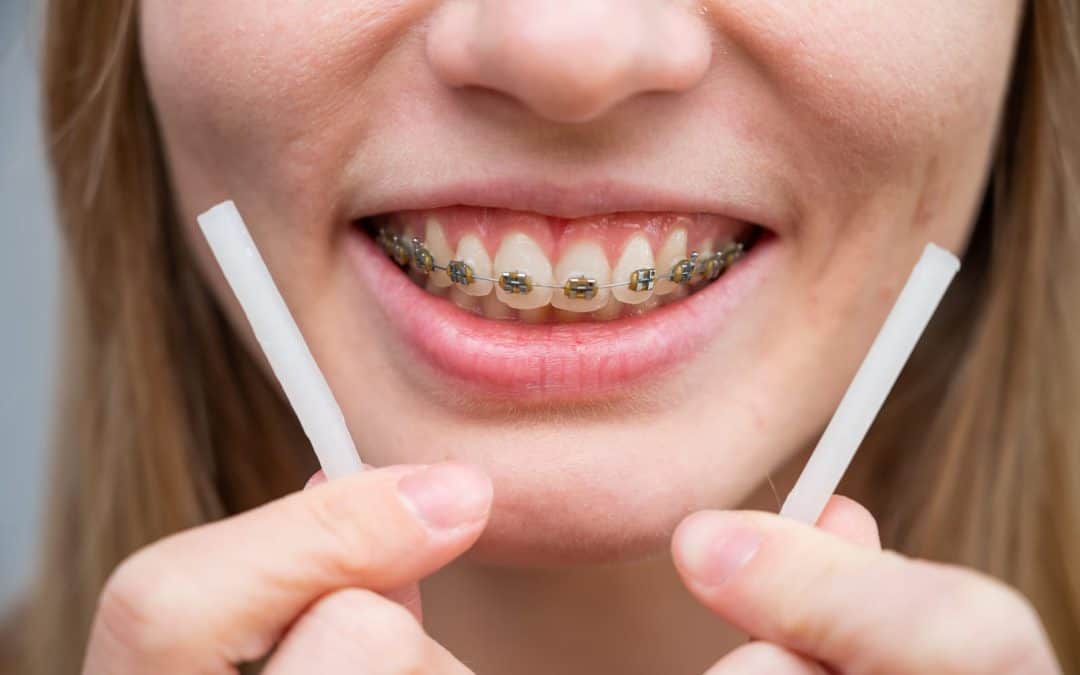Preserving natural teeth is of utmost importance regarding dental health; however, sometimes extraction may be the right action. Dentists understandably worry about extracting natural teeth as part of our oral health, yet it may become necessary in certain situations. Extractions may become essential in maintaining overall well-being. Reasons for tooth extraction lie at the core of providing optimal oral health while adhering to customer-service principles such as empathy, transparency, and customer-centricity – key dentistry pillars supporting quality customer service delivery. This informative blog post explores five compelling reasons for tooth extraction that may make its removal necessary.
What is Tooth Extraction?
Tooth extraction is a dental procedure involving removing one or more teeth from the socket in the jawbone, typically performed by a qualified dentist or oral surgeon. Tooth extraction may become necessary due to severe tooth decay, impacted wisdom teeth, overcrowding, advanced gum disease, or dental trauma; its execution must be carefully carried out to cause minimal discomfort to patients; local anesthesia is often administered for this procedure to ensure maximum efficiency and efficiency. Extractions are essential in maintaining oral health by relieving pain, preventing infection, and correcting issues that could affect neighboring teeth or overall dental alignment.
Top Reasons to why Tooth Extraction is Necessary
Let’s examine the reasons more in-depth and gain a greater insight into when and why extraction of teeth becomes not only an option but an absolute must.
Severe Tooth Decay
Tooth decay is a widespread dental condition, yet it can become an enormously serious threat when advanced. At this stage, tooth structure becomes severely compromised, rendering restoration with fillings or crowns impossible; in extreme cases, decay extraction is usually necessary to prevent further complications.
Severe tooth decay, more commonly referred to as dental caries, occurs when bacteria in the mouth produce acids that wear away at the enamel and dentin of teeth, leading to excruciating pain and infection. Left untreated, this may eventually weaken them to the point of necessitating extraction as the only viable option – something dentists prioritize patient comfort over wellbeing when making decisions like this one. Extractions often provide immediate relief while simultaneously stopping further infection from spreading.
Impacted Wisdom Teeth
Wisdom teeth (third molars) typically appear during late adolescence or early adulthood. Still, they may not have enough space to fully emerge from their gum line, leading to complications and pain for many individuals. Since our jaws have since shortened significantly, there is insufficient space in which these additional molars could fit comfortably – this can lead to swelling, pain, and discomfort at the back of your mouth when these wisdom teeth become impacted – leading many dentists to advise molar tooth extraction to alleviate such symptoms and protect nearby teeth from potential damage.
Overcrowding
Orthodontic treatment, such as braces, aims to align teeth for functional and aesthetic reasons properly. Still, in extreme cases where there’s insufficient room in the mouth for all the teeth to fit comfortably, extraction may be necessary.
Overcrowding can result in various dental problems, such as misalignment and bite issues that hinder proper dental hygiene practices. When this occurs, dentists recommend to remove teeth one or more teeth to create space for orthodontic treatments while still meeting patient comfort standards.
Periodontal Disease
Periodontal disease affects all tissues supporting your teeth – gums, and jawbone – leading to tooth mobility and severe discomfort, sometimes necessitating extraction. If left unchecked, periodontal disease could eventually require full extraction to restore teeth to health.
Over time, gum recession can expose tooth roots and weaken jawbone structure, placing loosening of teeth at risk due to periodontal disease; pulling out teeth may be recommended to restore oral health and avoid further complications.
Trauma or Injury
Accidents can result in dental injuries that cannot be saved and require extraction to ensure patient safety and health. Dental injuries may result from various accidents, including falls, sports-related incidents, and car crashes. A severely damaged or fractured tooth may no longer be repairable if its pulp (the innermost part) has been affected; when this is clear to dentists, they will recommend extraction of teeth as it would compromise long-term oral health; once extracted – implants and bridges may be considered for restoration of damaged areas of oral tissue.
Disclaimer
Extractions should always be undertaken with seriousness when it comes to dental care. Dentists carefully explore all available alternatives before advising extraction based on principles such as transparency, reliability, and patient centricity. The intention is always to preserve natural teeth whenever feasible while protecting patient comfort and health.
Hopefully, this in-depth exploration of tooth extraction has given you valuable insights into this essential dental procedure. Should any concerns or questions arise regarding your oral health, don’t hesitate to consult your dentist for guidance and care. Furthermore, practicing regular checkups and good dental hygiene remain key in decreasing the chances of needing one in the first place.

